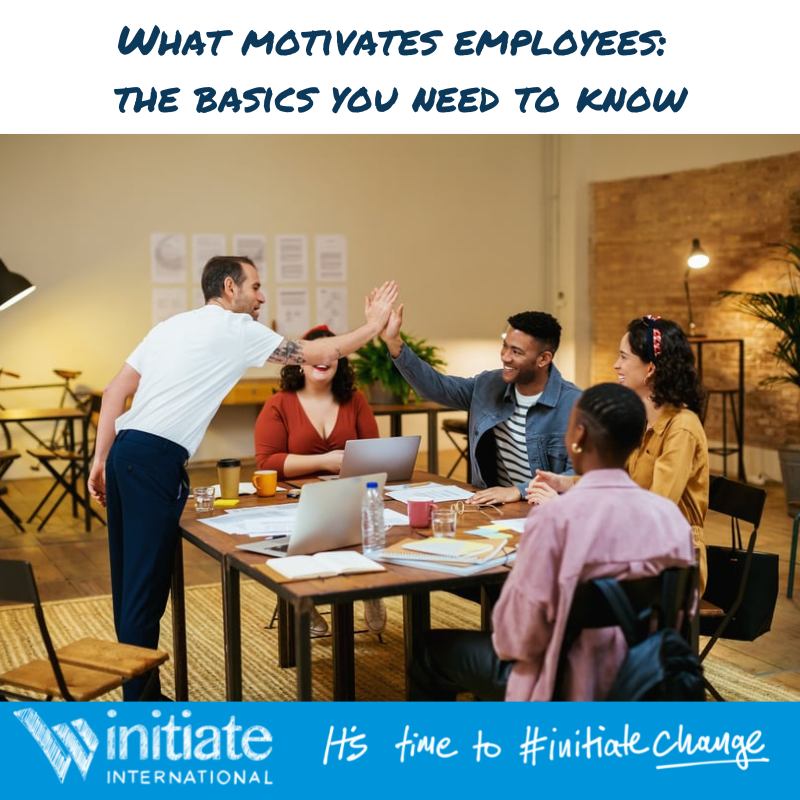Motivating employees to be top performers is a critical challenge for organisations, as it directly affects productivity, employee satisfaction, and ultimately, the success of the business. Here are some factors that drive employee motivation and engagement, and what leaders can do to create an environment that inspires top performance.
Clear and meaningful goals
One of the most important factors that motivate employees is clear and meaningful goals. When employees understand the goals of the organisation, their team, and their own personal goals, they can work with focus and purpose. Leaders should take the time to set SMART (Specific, Measurable, Achievable, Relevant, and Time-Bound) goals for each employee and team, and regularly communicate progress and feedback.
Recognition and appreciation
Recognition and appreciation are powerful motivators that can help employees feel valued and connected to the organisation. Leaders should regularly acknowledge and celebrate the achievements of their employees, and provide feedback that is constructive, specific, and positive. Additionally, creating a culture of recognition where employees are encouraged to recognise and appreciate their colleagues can be an effective way to boost motivation and engagement.
Autonomy and empowerment
Employees who feel empowered to make decisions and take ownership of their work tend to be more motivated and engaged. Leaders can give employees the autonomy to make decisions and provide resources, tools, and training that enable them to be successful in their roles. Empowering employees to have a say in how their work is performed and providing opportunities for them to share their ideas and suggestions can also help create a sense of ownership and investment in the success of the organisation.
Opportunities for growth and development
Providing opportunities for growth and development is another critical motivator for employees. Leaders can offer training and development programs, coaching, mentoring, and stretch assignments that challenge employees and help them acquire new skills and knowledge. When employees see that their organisation is investing in their growth and development, they are more likely to feel engaged and motivated to perform at their best.
Work-life balance
Creating a work environment that respects work-life balance is also important to employee motivation and engagement. Leaders can encourage employees to take breaks, use vacation time, and offer flexible work arrangements, such as telecommuting, flexible schedules, and job sharing. When employees feel they can achieve a healthy work-life balance, they are more likely to be productive and engaged in their work.
Motivating employees to be top performers requires creating an environment that is focused on goals, recognition, autonomy, growth and development, and work-life balance. When employees are motivated and engaged, they tend to be more productive, satisfied, and committed to the success of the organisation. By focusing on these key motivators, leaders can create a culture that fosters top performance and helps the organisation achieve its goals.
If you’re looking for an exciting new career opportunity, make sure you click through to our job section.






